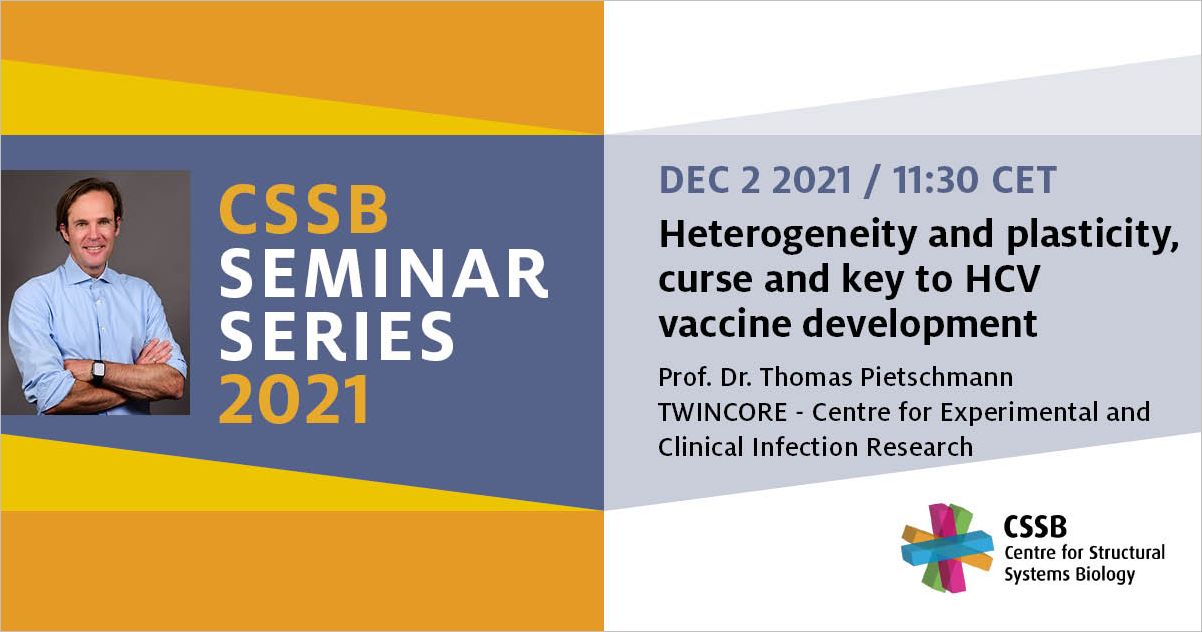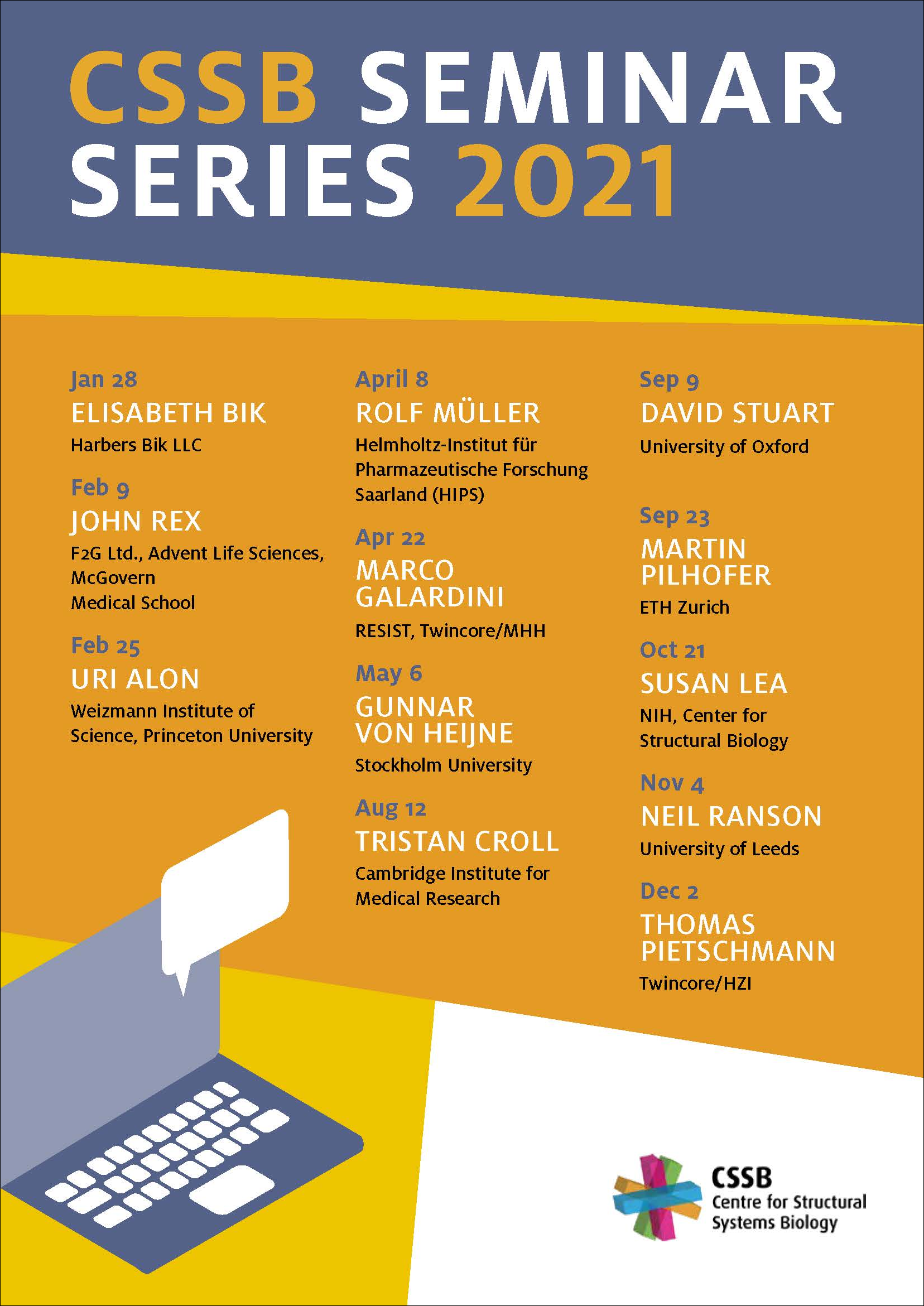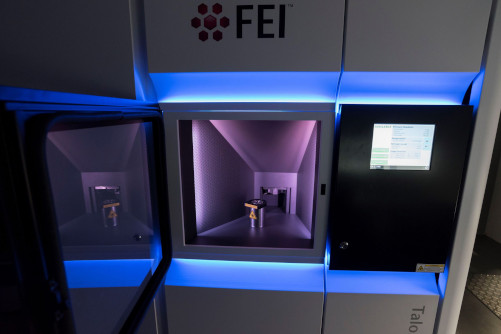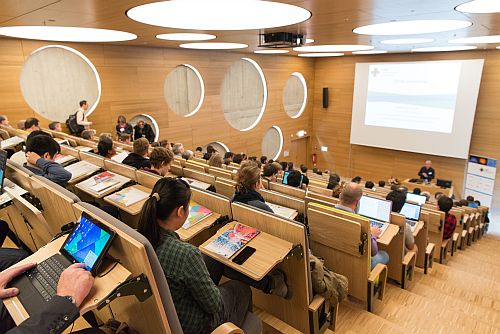CSSB Seminar Series - Thomas Pietschmann

Join Zoom Meeting:
https://desy.zoom.us/j/88458295999
Meeting ID: 884 5829 5999
Passcode: 879236
Abstract:
Hepatitis C virus (HCV) has chronically infected approximately 71 million individuals, who are at risk of developing severe liver disease including cirrhosis and liver cancer. Although an effective therapy is available, many people do not have access to treatment and virus transmission remains high. A prophylactic vaccine is not available and difficult to make due to extreme viral diversity and immune evasion mechanisms. Moreover, insufficient knowledge of the correlates of immune protection and the lack of animal models for assessment of vaccine efficacy complicate vaccine development. However, up to 30% of exposed individuals naturally clear the infection confirming that protective immunity is possible and in reach.
We are following a three-pronged strategy to tackle the HCV vaccine challenge. First, we investigate the determinants of protective humoral immunity to HCV. To this end, we have developed a panel of reference viruses representing the genotypic and phenotypic diversity of HCV. We used this system to characterize broadly neutralizing antibodies, which preferentially use the VH1-69 gene segment, and depend on somatic mutations within CDRH1, and CDRH2 hydrophobicity. Preliminary data suggest that a specific type of antibodies correlates with acute viral clearance.
Second, we develop animal models to test vaccine efficacy. We have identified two murine restriction factors that limit HCV infection in vivo. We also selected an HCV variant with enhanced replication fitness in mouse hepatocytes and are now combining these approaches to improve existing HCV mouse models.
Third, we use these models to prioritize our own vaccine candidates. Our candidate approaches range from antigens representing naturally occurring viral variant(s) with unique features, to variants engineered for enhanced exposure of conserved epitopes to forced selection of antigens with increased immunogenicity. We also use protein scaffolds to present broadly conserved neutralizing epitopes and use viral vectors (mCMV, VSV, MVA) and, most recently, mRNA-based vaccination.
Recent, in part unpublished data form these studies will be presented.




